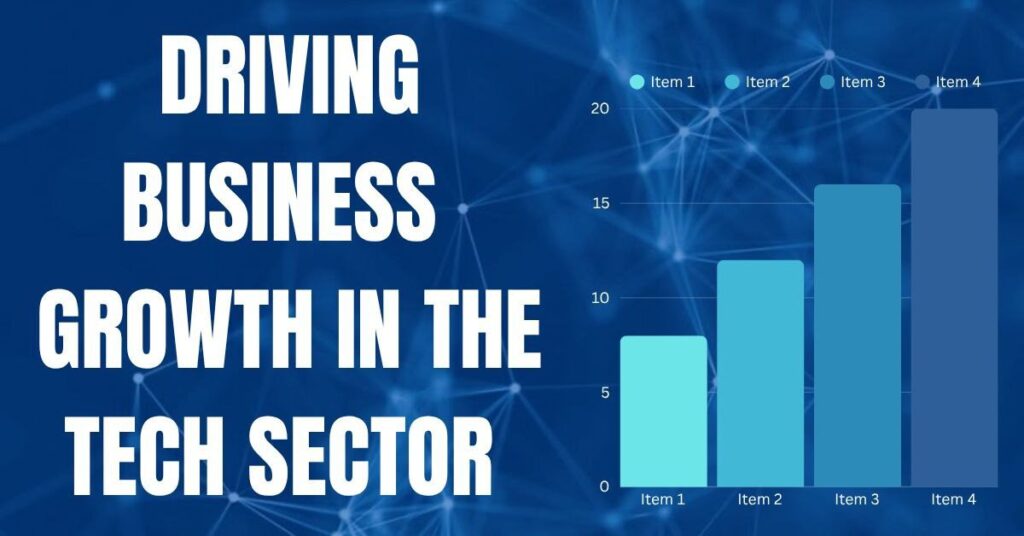As the technology sector evolves at lightning speed, the role of a Business Development Manager (BDM) has become increasingly complex and essential. No longer just focused on sales or lead generation, modern BDMs in tech must operate at the intersection of innovation, strategy, and long-term value creation. Their ability to anticipate trends, forge impactful relationships, and develop scalable growth initiatives directly influences a company’s trajectory in competitive markets.
This article explores the core competencies every Business Development or Growth Manager should cultivate to thrive in the technology ecosystem.
1. Opportunity Intelligence: Spotting What Others Miss
In the tech sector, where innovation cycles are short and disruption is constant, identifying and validating new business opportunities is fundamental.
A forward-thinking BDM doesn’t wait for prospects to appear—they research industry dynamics, monitor emerging technologies, and proactively engage with market signals. This includes:
- Conducting competitive analysis
- Assessing new markets or verticals
- Interpreting customer behavior and unmet needs
- Evaluating adjacent service areas for expansion
Opportunity spotting must be both data-driven and intuitive, rooted in market research, yet flexible enough to pivot with industry shifts.
2. Strategic Partnership Development
Growth in tech is rarely achieved in isolation. BDMs must be skilled in cultivating strategic alliances that extend product reach, accelerate market entry, or add complementary value.
Whether collaborating with technology vendors, distributors, or channel partners, a growth-minded BDM knows how to:
- Evaluate partnership synergies
- Define mutual goals and deliverables
- Structure win-win agreements
- Navigate stakeholder interests
Strong partnerships help tech companies scale faster, access new customer bases, and stay competitive through shared innovation.
3. Communication Mastery Across Stakeholders
A critical differentiator in tech business development is the ability to communicate complex solutions clearly and persuasively.
Whether engaging with technical teams, clients, executives, or regulators, effective communication includes:
Active listening and empathy
Tailoring messaging to diverse audiences
Clear proposal development and pitch delivery
Conflict resolution and negotiation
Related Posts
Ultimately, great communicators foster internal alignment and external confidence, both of which are essential in fast-moving tech environments.
4. Relationship Building for Long-Term Growth
Success in business development hinges not just on closing deals but on nurturing relationships that evolve into sustainable value.
In a sector where trust and credibility are paramount, BDMs must invest in:
- Ongoing client engagement beyond initial transactions
- Value-added follow-ups that demonstrate partnership
- Leveraging CRM tools for relationship tracking and personalization
Strong relationship-building skills contribute to client retention, referrals, and long-term revenue stability.
5. Market Awareness & Trend Responsiveness
In a digital first economy, the ability to anticipate trends and respond to changing landscapes is essential.
Effective BDMs regularly monitor:
- Technological innovations (AI, blockchain, cloud computing, etc.)
- Shifts in customer expectations and behaviors
- Regulatory developments and compliance requirements
Staying informed allows BDMs to position their organization ahead of competitors and propose relevant, future-proof solutions.
Closing Thoughts
In the tech sector, business development is as much about foresight and strategy as it is about execution. Professionals who cultivate these core competencies opportunity insight, strategic collaboration, communication, relationships, and industry awareness—position themselves as invaluable catalysts for growth.
As technology continues to reshape how we live and work, Business Development Managers must evolve with it, ensuring their skills remain aligned with both innovation and impact.
As the technology sector evolves at lightning speed, the role of a Business Development Manager (BDM) has become increasingly complex and essential. No longer just focused on sales or lead generation, modern BDMs in tech must operate at the intersection of innovation, strategy, and long-term value creation. Their ability to anticipate trends, forge impactful relationships, and develop scalable growth initiatives directly influences a company’s trajectory in competitive markets.
















